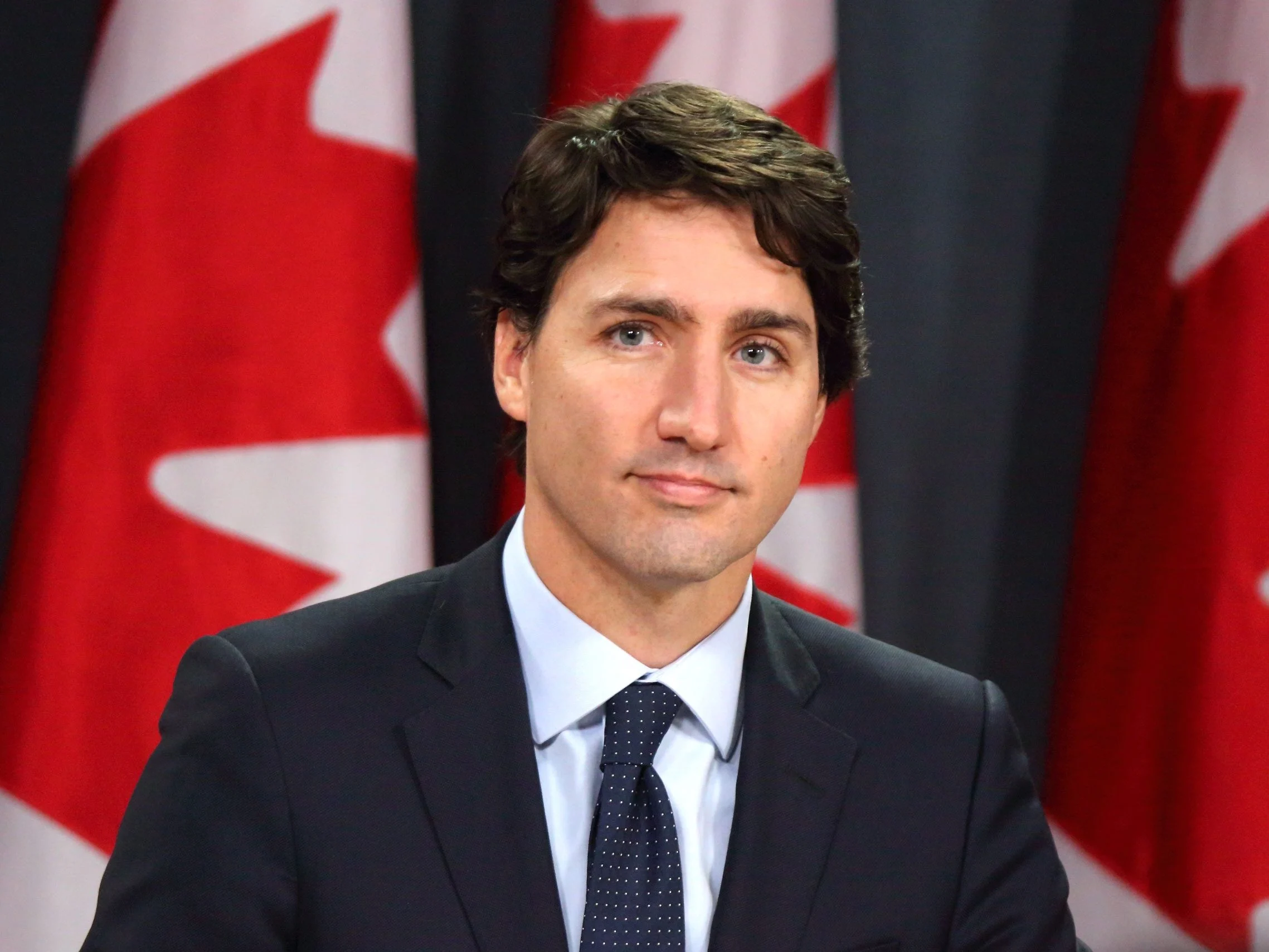Previously, communities could receive up to $3 million annually through the Residential Schools Missing Children Community Support Fund, but now the funding will be capped at $500,000.
Deputy Grand Chief Betsy Kennedy stated, “The decision to cut back substantial funding for this critical initiative is not only disheartening but also disrespectful to the survivors and families affected by the residential school system.”
The chiefs have sent a letter to Crown-Indigenous Relations Minister Gary Anandasangaree, urging the reinstatement of previous funding levels.
Ottawa has justified the funding cuts as part of a “sustainable approach” to support as many community-led projects as possible. A spokesperson for Crown-Indigenous Relations assured that the funding adjustments would not affect previously signed agreements and highlighted the $216 million already allocated to the community support fund since 2021.
This fund was established following the Tk’emlups te Secwepemc First Nation’s report in May 2021, which revealed 215 anomalies on the grounds of a former residential school in Kamloops, B.C. This discovery reignited the national conversation about the history and legacy of residential schools.
Residential schools, often operated by the Catholic Church with federal government support, were tools of assimilation that separated thousands of Indigenous children from their families, culture, and language. Reports from 1880 to 1996, when these schools were operational, and afterward, have documented the cruel fates of many children, including sexual and physical abuse, and in some cases, death.
The Truth and Reconciliation Commission’s final report in 2015 encapsulated these findings after years of testimonies from survivors, community members, and families. The commission called for a memorial register to analyze information about missing children and deaths and create a map of cemeteries and burial sites.
Kennedy emphasized that cutting funding without consulting First Nations leadership is a “missed opportunity” for Canada to strengthen relations and respect Indigenous rights. The identification and commemoration of unmarked graves are “essential in honoring those lost, who deserve to be brought home to rest in ceremony among their loved ones,” according to the assembly.
“Finding and recovering those who have died while attending residential schools is critical in healing our nations. It is also an important step in acknowledging the full extent of the atrocities committed within the residential school system.”
Crown-Indigenous Relations spokesperson Carolane Gratton described residential schools as a “shameful” part of Canada’s history.
Gratton also noted that this year’s budget includes $91 million in new funds for the Residential Schools Missing Children Community Support Fund. Under the new funding model, priority will be given to research, fieldwork for identifying potential burial sites, and engagement with communities that have not yet begun these processes.
The National Centre for Truth and Reconciliation also criticized the federal government for the cuts, arguing that it has broken its commitment to families and communities. “Communities engaged in the search process, and experts who have looked into the issue, have been saying that the federal funding mechanism is already too restrictive to properly meet real-world needs,” said executive director Stephanie Scott in a release last week.
“This arbitrary funding cap is a step in exactly the wrong direction for reconciliation. What’s needed is sustained, long-term funding based on flexible criteria developed in collaboration with Indigenous Peoples,” Scott added.



